
Deal includes the novel treatment CDR132L, which is currently in Phase II clinical trials for heart failure.

Deal includes the novel treatment CDR132L, which is currently in Phase II clinical trials for heart failure.

Spinoff seeks to aid pharmaceutical companies in accelerating early clinical development programs.
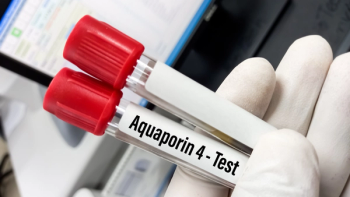
Action marks the first FDA approval of a long-acting treatment for adult patients with neuromyelitis optica spectrum disorder who are positive for the anti-aquaporin-4 antibody.

Despite not having a positive outcome, safety profiles for Keytruda and Lynparza were consistent with previous findings.
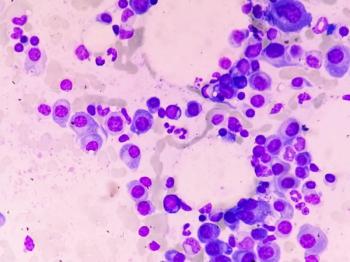
In a unanimous decision, the committee recommended Carvykti based on promising data from the Phase III CARTITUDE-4 study, which showed a positive risk-benefit assessment.

Investigation aimed to discern whether the differences in antibiotic prescribing between direct-to-consumer telemedicine appointments and primary care physician telemedicine appointments were due to the care modality or the context of the care.
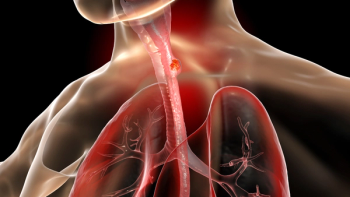
Tevimbra (tislelizumab-jsgr) has been approved as a monotherapy for adult patients with unresectable or metastatic esophageal squamous cell carcinoma who have previously undergone systemic chemotherapy excluding PD-L1 inhibitors.
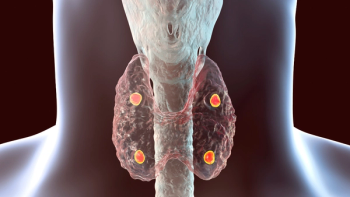
Acquisition is highlighted by eneboparatide, Amolyt’s Phase III peptide for hypoparathyroidism with a novel mechanism of action.
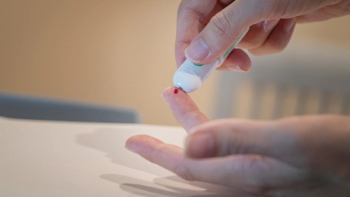
Resubmission plan comes amid feedback and a complete response letter issued by the FDA in 2019 for sotagliflozin in the treatment of glycemic control in type 1 diabetes patients with chronic kidney disease.

Data shows that from 2014-2019, pneumococcal vaccinations in seniors increased by 10%, growing sales for Prevnar 13 due to government recommendation in addition to a high-profile advertising campaign.

Submission is based on positive results from the company’s Phase III QUASAR clinical trial, in which Tremfya (guselkumab) produced positive results treating moderately to severely active ulcerative colitis.

The trial of a pharmaceutical-grade CBD for social anxiety disorder, which was the first of its kind to be approved by the FDA, is expected to receive top line results next month.

Results indicate that many people aged 50 to 80 years who take aspirin to prevent heart attacks and strokes don’t actually need to.

First of its kind study reported major improvements in skin clarity and itch relief in over two-thirds of participants.

In this Pharmaceutical Executive video interview, Chris Dowd, senior vice president of market development, ConnectiveRx, discusses the evolution of drug copay adjustment programs and the circumstances that fueled their controversy across industry, political, and healthcare community circles.

Relyvrio did not significantly alter amyotrophic lateral sclerosis disease progression as measured by the ALSFRS-R total score at Week 48 compared to placebo.
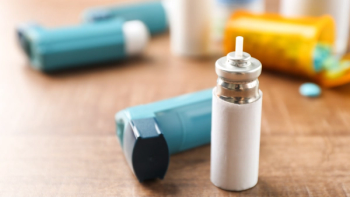
Starting June 1, Boehringer Ingelheim plans to cap inhaler products for respiratory diseases at $35 per month for eligible patients.
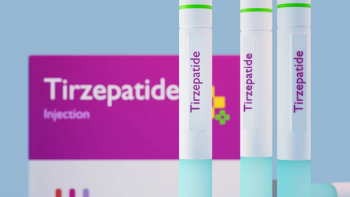
Eli Lilly continues to emphasize the potential harm that could come with using GLP-1 receptor agonists for off-label purposes.

Medication is the first tocilizumab biosimilar approved in the US for both IV and subcutaneous use for autoimmune diseases, such as rheumatoid arthritis and juvenile idiopathic arthritis.
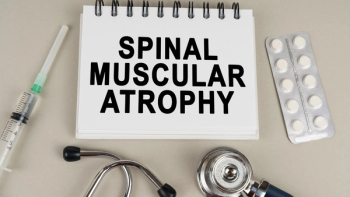
Results from Phase IV RESPOND study indicate a significant reduction in plasma neurofilament light chain (NfL) levels.

Agreement to focus on research, option, and licensing for discovery of dual tumor-associated antigen-targeting antibodies.
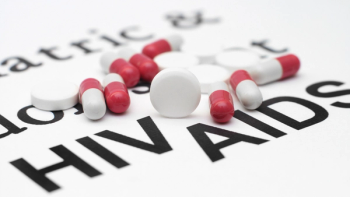
Novel formulation of cabotegravir (CAB-ULA) allows for dosing intervals of at least four months.

This marks the first time that a hyaluronic acid dermal filler has received FDA approval for temple hollowing.
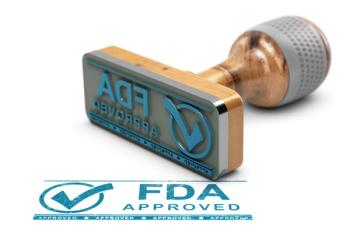
Letybo (letibotulinumtoxinA-wlbg) is expected to launch in in the United States toward the second half of the year for moderate-to-severe frown (glabellar) lines in adults.

Rebranding aims to align company with its parent company and other subsidiaries.

Teens to be included in both placebo and open label studies for QRX003, a potential treatment for Netherton syndrome.

JAMA commentary suggests that issues such as high costs, access, and equity will stop patients from obtaining GLP-1 agonists to treat obesity.
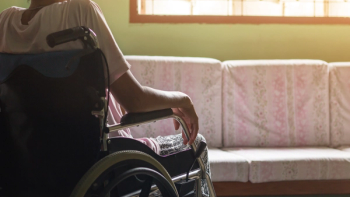
Phase III DAYBREAK study found consistent safety with Zeposia in patients with relapsing forms of multiple sclerosis.

Cardinal Health report highlights new biosimilar treatments, legislative developments, and multiple industry perspectives.

Commentary cites lower control over health plan costs and the potential bias for prescribing drugs through influence from drug manufacturers.